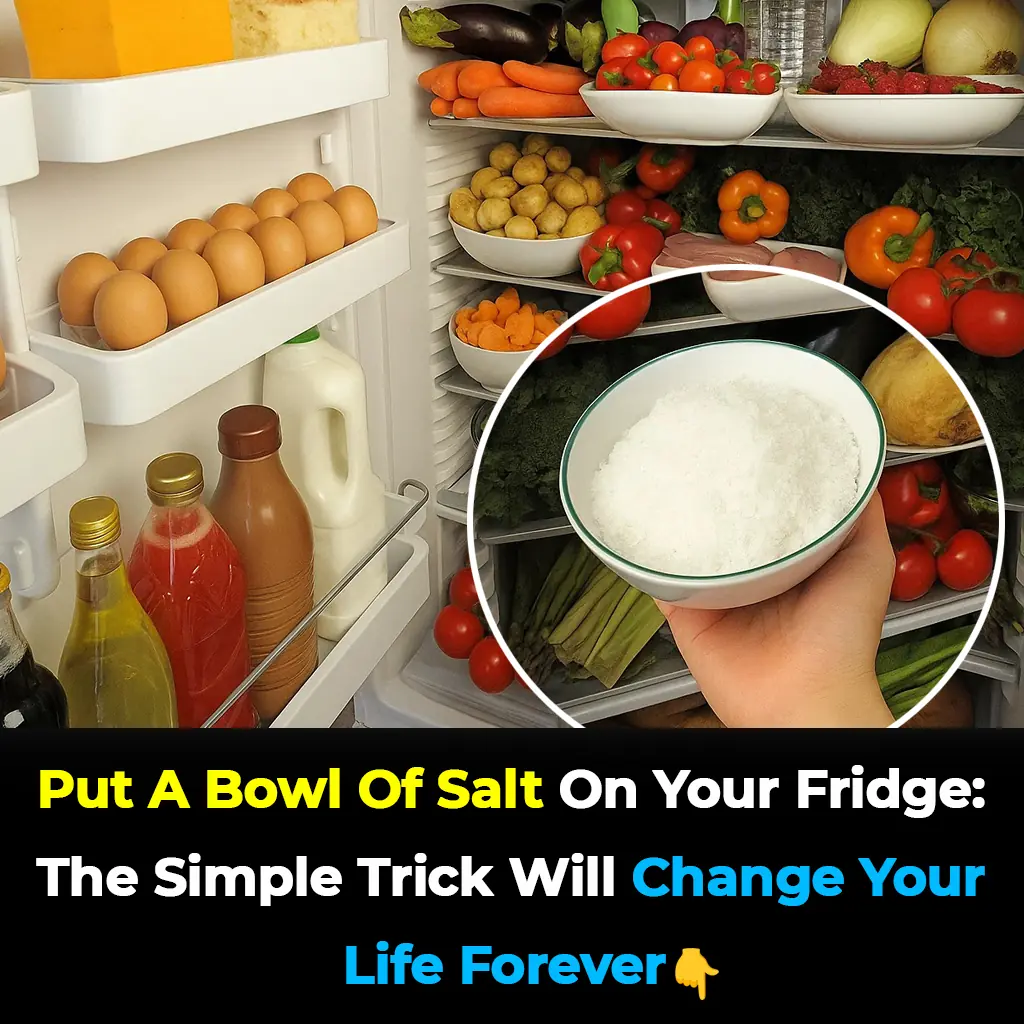
Put a Bowl of Salt in the Fridge: The Genius Trick I Regret Not Knowing for 30 Years
A single bowl of salt might seem insignificant, but its impact on your fridge — and your household — is anything but small.
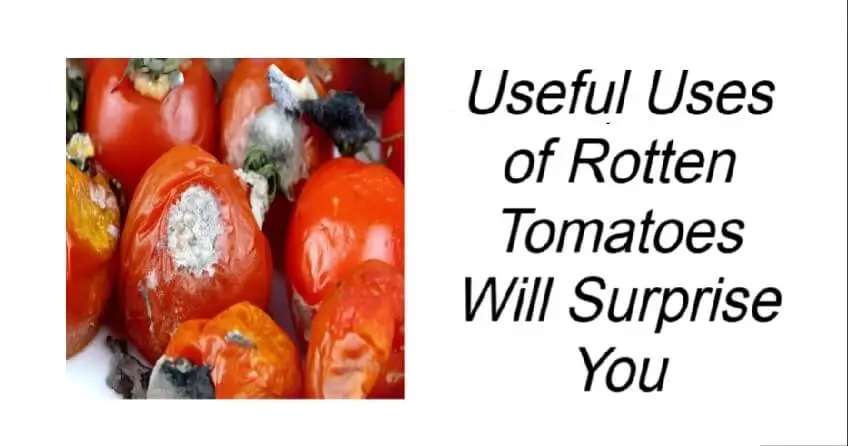
Most people instinctively toss out spoiled tomatoes, unaware that they can still be incredibly useful. Although no longer fit for eating, rotten or overripe tomatoes are still packed with nutrients and properties that can benefit your home, garden, and even your cleaning routine. Instead of wasting them, consider these clever and practical ways to make the most of spoiled tomatoes.
Instead of discarding overripe or slightly rotten tomatoes, you can actually use them to grow new tomato plants—saving money and promoting sustainability.
How to Do It:
Slice the rotten tomatoes into thin pieces, making sure the seeds are still intact.
Fill a pot or planting container with loose, well-draining soil.
Lay the tomato slices flat on the soil surface, making sure they don’t overlap too much.
Cover the slices with a thin layer of soil (about 1–2 cm deep).
Water lightly to keep the soil moist but not soggy.
Place the pot in a sunny or brightly lit area and water consistently.
What to Expect:
In about 1 to 2 months, small green seedlings will sprout. With continued care, they will grow, flower, and eventually bear fresh tomatoes. This method is simple, cost-effective, and great for beginner gardeners.
Even when spoiled, tomatoes are rich in potassium, phosphorus, and other nutrients that are highly beneficial for plant growth. Fermenting them can turn waste into a powerful homemade fertilizer.
How to Make Tomato Fertilizer:
Cut the spoiled tomatoes into small pieces.
Place the tomato bits into a clean plastic or glass bottle or jar.
Add rice water—the cloudy water left after rinsing uncooked rice—into the container.
Seal it loosely to allow gases to escape, and let the mixture ferment for 3 to 5 days in a shaded area.
After fermentation, the liquid can be used to water plants or sprayed onto soil.
Why It Works:
Rice water is naturally rich in starches and minerals, and fermenting it with tomatoes increases its nutrient content. The result is a safe, organic fertilizer that boosts root strength, flowering, and overall plant vitality.
Spoiled tomatoes may seem like the last thing you’d want to use for cleaning, but their acidity and natural enzymes make them surprisingly effective at eliminating stains and odors—especially in the fridge.
How to Use Tomatoes for Fridge Cleaning:
Remove any parts of the tomato that are severely moldy or rotten.
Mash the remaining tomato flesh to extract juice.
Soak a clean cloth or sponge in the juice.
Use it to wipe down the interior surfaces of your refrigerator.
Let it sit for a few minutes, then wipe clean with a damp cloth.
Benefits:
Tomato juice helps lift stubborn stains and neutralize unpleasant odors. This method is not only natural and chemical-free but also leaves behind a subtle fresh scent.
Rotten tomatoes contain acetic acid and natural antioxidants that make them effective at breaking down rust, tarnish, and grime on metal surfaces. It’s a great eco-friendly alternative to commercial cleaners.
How to Use Tomatoes for Cleaning Metal:
Cut open a spoiled tomato and rub it directly onto the metal surface (knives, forks, faucets, pans, etc.).
Let it sit for about 10 minutes to allow the acid to work.
Wipe the surface clean with a paper towel or cloth.
Rinse with water and dry thoroughly to prevent further rusting.
Tip:
This method works particularly well on stainless steel and aluminum, helping restore their natural shine without scratching or damaging the surface.
Next time you find a few rotten tomatoes in your kitchen, resist the urge to throw them away. Whether you're interested in gardening, eco-friendly cleaning, or waste reduction, these simple yet effective tips allow you to repurpose spoiled produce in sustainable ways.
By turning waste into something useful, you're not only saving money but also contributing to a more environmentally responsible lifestyle. Every small step counts—so why not start with something as simple as a tomato?

A single bowl of salt might seem insignificant, but its impact on your fridge — and your household — is anything but small.

Plastic wrap is undeniably convenient, but it must be used correctly. Missteps like reusing, heating, or buying low-quality products can gradually harm your body.


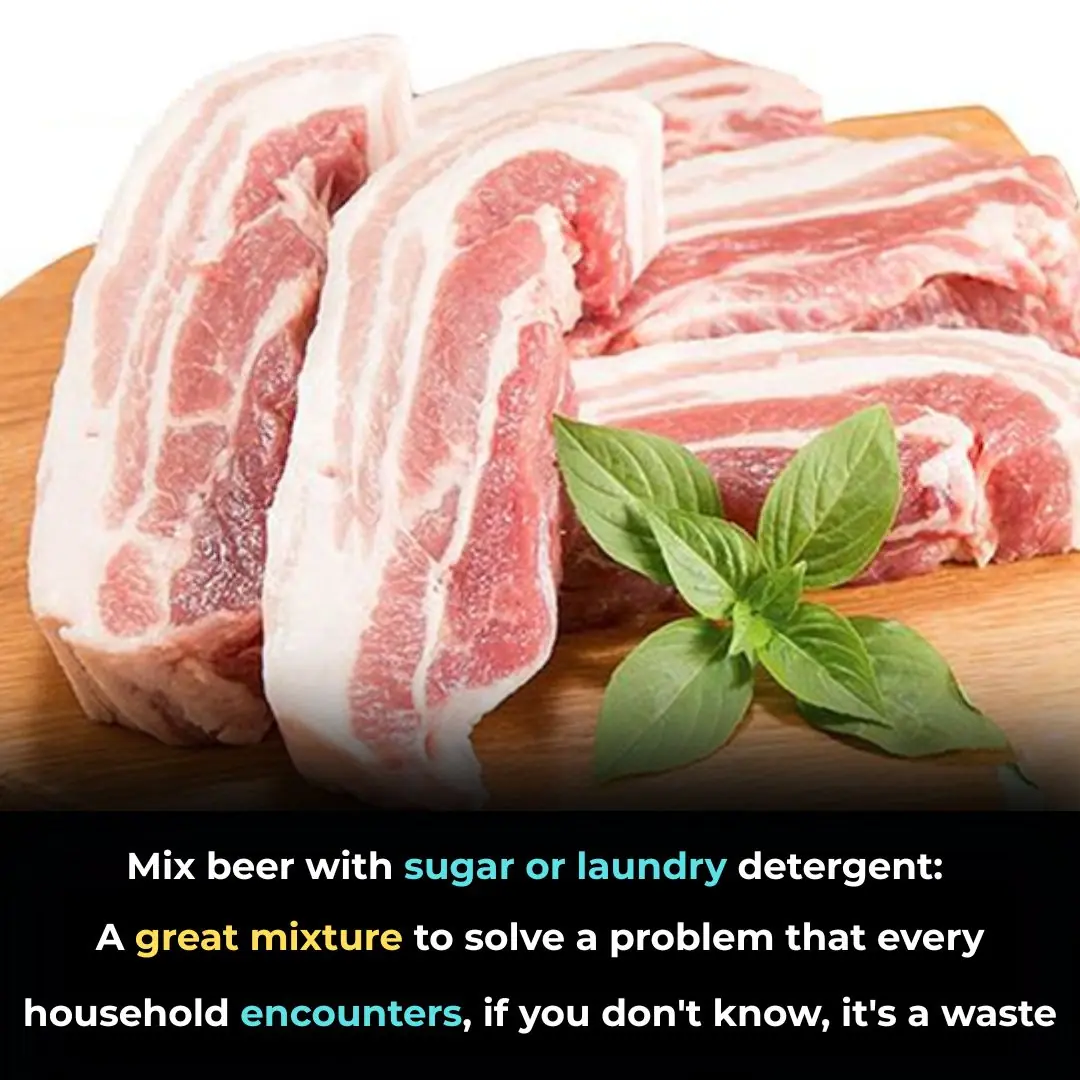
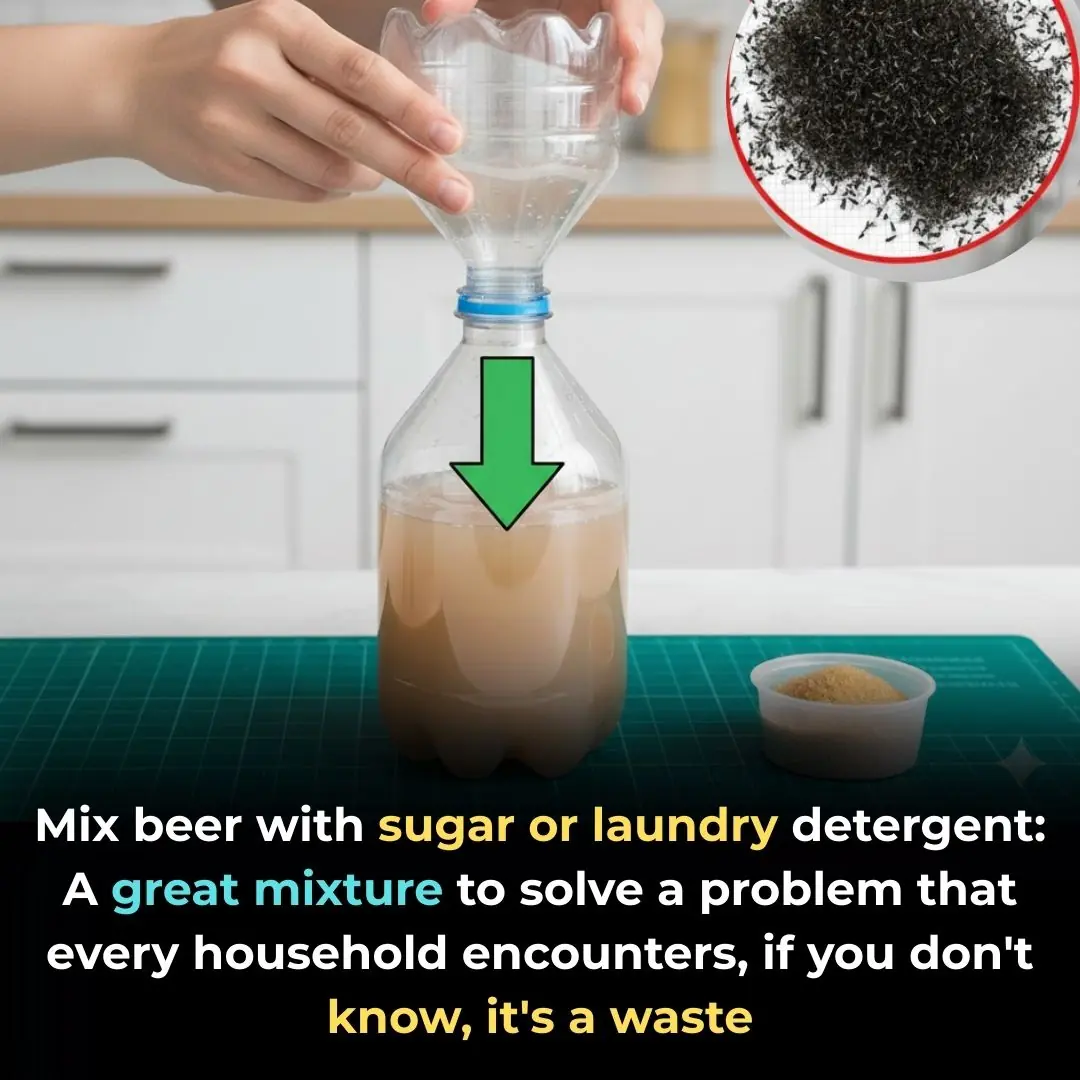









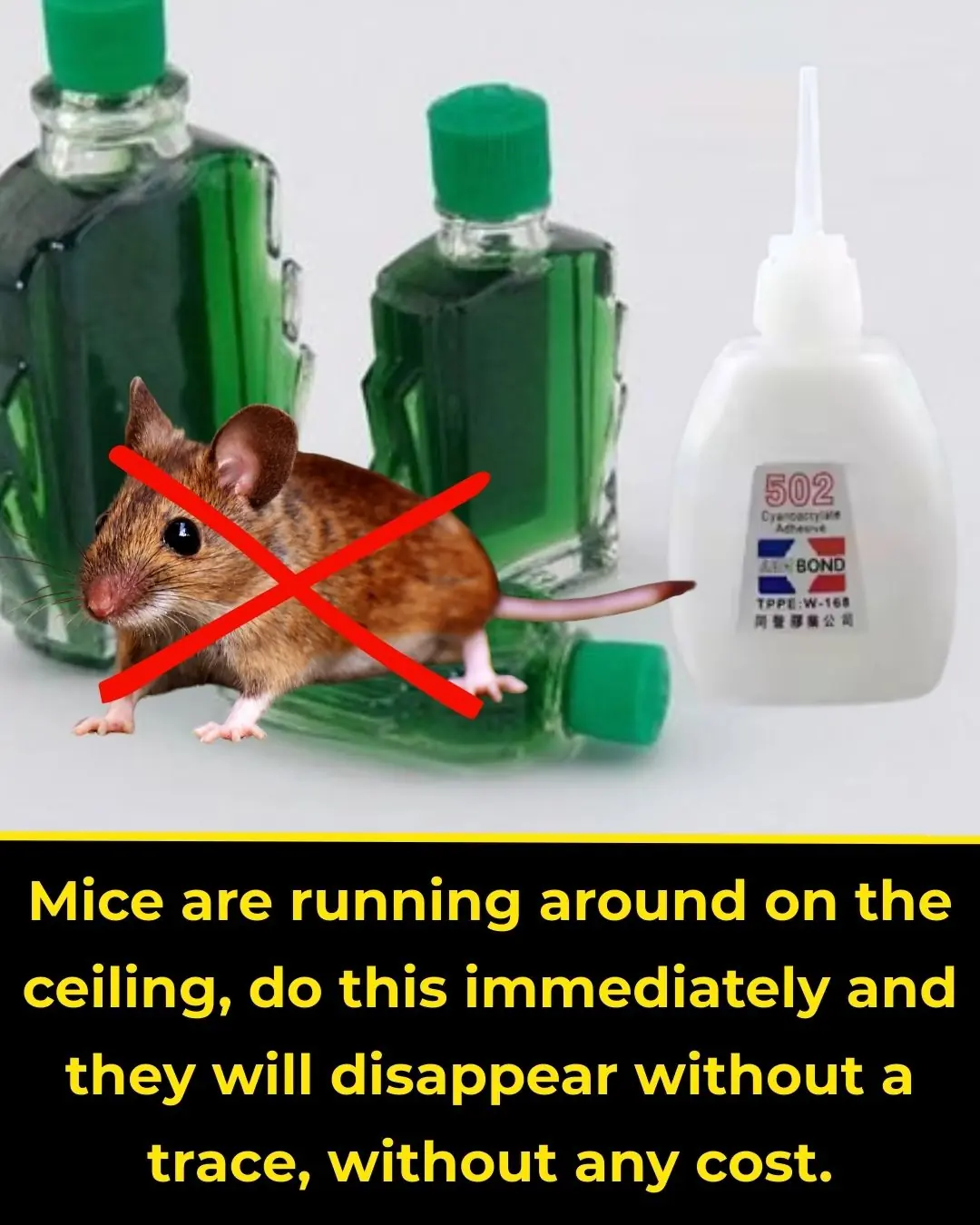

Avoiding purine-heavy foods like organ meats, processed meats, certain fish, and yeast-based products can help reduce flare-ups and maintain joint health.
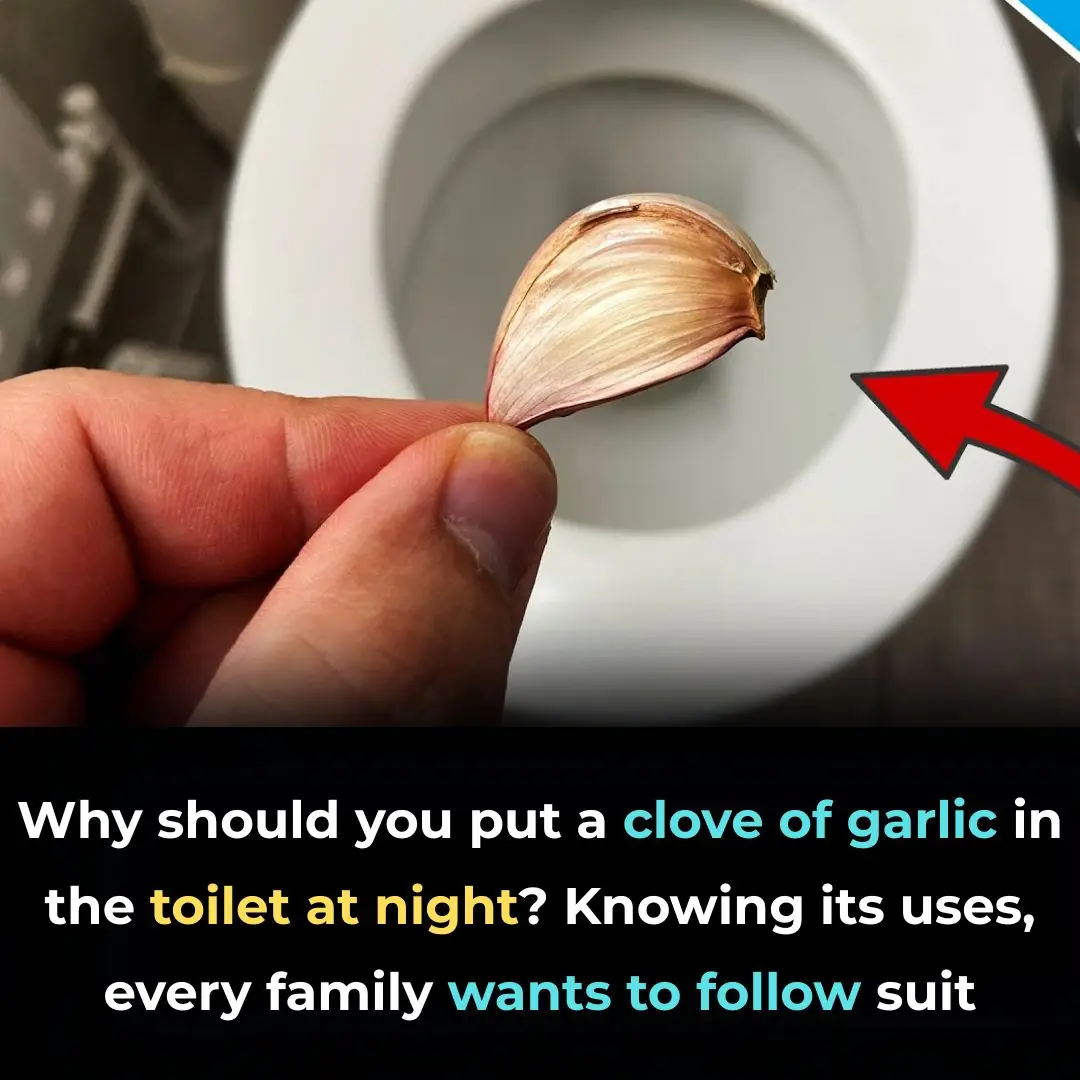


This variation transforms a simple bridge into a powerhouse move, strengthening not only your glutes but also your deep core muscles, lower back, and hip stabilizers.

It’s about making gradual, sustainable swaps—cutting back on processed foods, replacing saturated fats with healthier ones, and prioritizing fiber-rich, nutrient-dense ingredients.

With flaxseed gel, you’re not just applying moisture—you’re giving your skin the building blocks it needs to repair, renew, and glow from within.

With just two simple household ingredients, you can try a gentle, budget-friendly, and surprisingly effective solution at home.

Packed with anti-inflammatory, detoxifying, and soothing properties, cabbage is more than just a kitchen staple — it’s a hidden healing ally.


A single bowl of salt might seem insignificant, but its impact on your fridge — and your household — is anything but small.


he peel is not harmful; in fact, it carries unique benefits. By using ginger correctly and storing it properly, you can unlock its full potential for boosting immunity, improving circulation, and keeping your


Plastic wrap is undeniably convenient, but it must be used correctly. Missteps like reusing, heating, or buying low-quality products can gradually harm your body.

He thought he was strong and healthy, but one morning at work, his body gave in without warning. By the time he reached the hospital, it was too late. His story serves as a chilling reminder that what you eat for breakfast could quietly determine your ris

Your eyes do more than reflect emotions; they can also reveal critical clues about your overall health. Subtle changes in appearance, color, or vision may sometimes be early warning signs of dangerous cancers developing elsewhere in the body — long befo

The influence of a husband’s habits on his wife’s well-being is far greater than many couples realize. Small daily choices — whether neglecting exercise or lighting a cigarette — can quietly accumulate into significant health risks over time.





